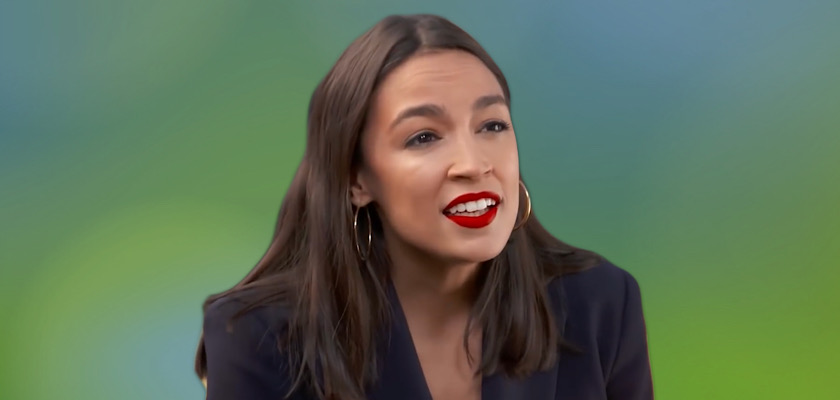Congresswoman Alexandria Ocasio-Cortez has indicated that her recent back-and-forth with Facebook CEO Mark Zuckerberg on the platform’s political ad policies had an impact on Twitter’s subsequent decision to ban political ads.
Ocasio-Cortez questioned Zuckerberg on Facebook’s policy that exempts some politicians’ ads from its third-party “fact-checking” program in October. During the exchange, Zuckerberg told Ocasio-Cortez that it’s not right for Facebook to prevent constituents from seeing when politicians lie.
Click here to display content from X.
Learn more in X’s privacy policy.
In a recent interview with NBC New York, reporter Melissa Russo asked the congresswoman:
“What do you think was the outcome of that sort of widely played exchange between you and Zuckerberg. Do you think it resulted in other companies taking steps? And did Zuckerberg not go far enough?”
“I don’t think it’s a coincidence that Twitter announced that they were going to be pulling political ads the following week,” Ocasio-Cortez said. “I think that yeah, I don’t think it’s a coincidence that we’re having this conversation right after this hearing,” Ocasio-Cortez added later in the interview.
Ocasio-Cortez’s comments come after she praised the Facebook employees who want to censor politicians’ ads and described them as “courageous.” Ocasio-Cortez also weighed in when Twitter decided to ban political ads and described it as a “good call.”
While Facebook’s ad policies are getting lots of criticism from Democratic politicians such as Ocasio-Cortez, Zuckerberg has pointed out that the policies are largely in-line with those of most American television broadcasters. Section 315(a) of the Communications Act places an equal opportunities/no censorship requirement on broadcasters if they decide to accept ads for a political race. This requirement prevents them from rejecting a candidate’s ads based on the ad content.












